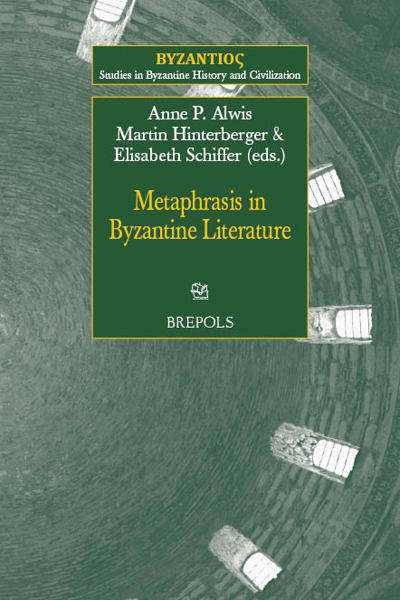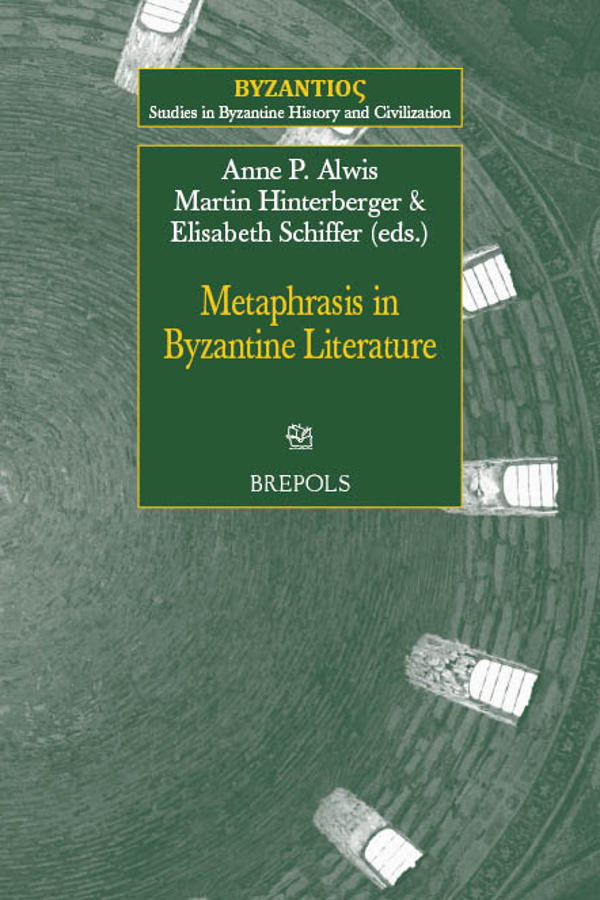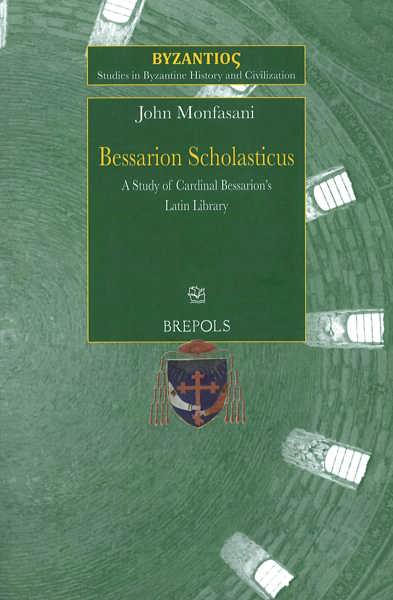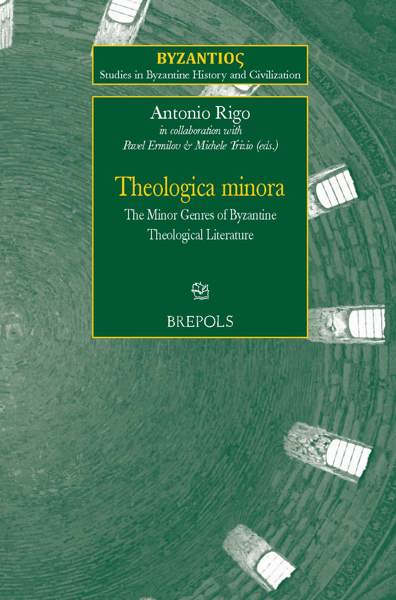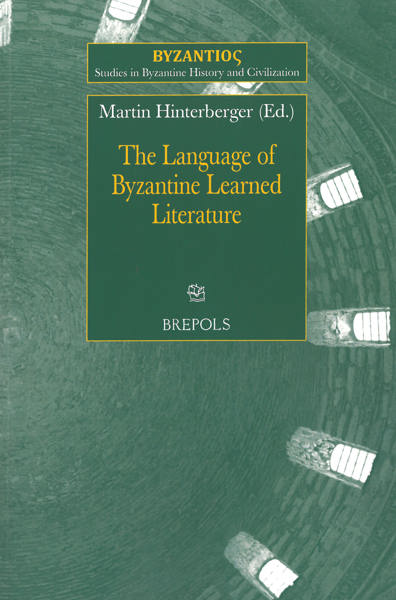
Metaphrasis in Byzantine Literature
Anne P. Alwis, Martin Hinterberger, Elisabeth Schiffer (eds)
- Pages: 179 p.
- Size:156 x 234 mm
- Language(s):English, Greek
- Publication Year:2021
- € 65,00 EXCL. VAT RETAIL PRICE
- ISBN: 978-2-503-59344-9
- Paperback
- Available
- € 65,00 EXCL. VAT RETAIL PRICE
- ISBN: 978-2-503-59345-6
- E-book
- Available
« L’ensemble du livre, dont la plupart des auteurs soulignent le caractère composite de la métaphrase, (...) incite ses lecteurs, avec beaucoup de réussite, à lire et examiner au plus près ces œuvres souvent anonymes et non datées pour comprendre, dans la relation avec leur audience et à travers les moyens, notamment linguistiques, de leur réception, les fondements de la rémanence des histoires qu’elles véhiculent. » (Revue des études byzantines, 83, 2025, p. 361)
Anne P. Alwis is Senior Lecturer in Classical Literature at the University of Kent. Her research interests are in hagiography, narrative in Byzantine literature, and gender.
Martin Hinterberger is Professor of Byzantine Literature at the University of Cyprus. His research focuses on emotions in Byzantine literature, the language of Byzantine literature (learned and vernacular), (auto)biography and hagiography, as well as on intellectual history.
Elisabeth Schiffer is Researcher in Byzantine Studies at the Austrian Academy of Sciences. Her research interests are in Byzantine hagiography, homiletics, and lexicography.
Throughout the centuries Byzantium's ambitious authors were conscious of the significance of literary registers for the reception of their texts. They deliberately made use of stylistic elements or refrained from using certain features in order to reach their target audience. There are certain groups of texts dating from various periods where these stylistic elements can be tracked precisely by comparison of two or even more versions with their model text. Such examples of rewriting can be found particularly within genres with a broader audience appeal, namely hagiography and historiography. It is in both genres that we encounter metaphrastic processes, in terms of stylistic elaboration and in terms of stylistic simplification.
As well as stylistic reshaping, metaphrasis may also encompass the addition or removal of literary and/or thematic aspects. All these processes signify intent as well as authorial interpretation. Frequently, the ideological orientation of a text is refurbished through rewriting. Teasing out these strands for exploration helps to supply a potential wealth of information on the author (if known), cultural (social, religious, historical) context, and creative ability, as well as levels of education and literacy.
Anne P. Alwis, Martin Hinterberger & Elisabeth Schiffer, Introduction
Christian Høgel, Rewriting in Byzantium: Standardization and Metaphrasis
Daria Resh, The First Metaphrast: John, Bishop of Sardis
Laura Franco, Observations on the Methods of Metaphrastic Rewriting: The Case of the Passio of St James (BHG 773)
Elisabeth Schiffer, Rewriting the Life of St John Chrysostom in Tenth-Century Byzantium
Martin Hinterberger, Metaphraseis as a Key for the Understanding of Different Levels in Byzantine Vocabulary
Staffan Wahlgren, Byzantine Chronicles and Metaphrasis
Corinne Jouanno, The Alexander Romance and Metaphrasis. A Case Study: Alexander's Encounter with the Persian Ambassadors
Lev Lukhovitskiy, Emotions, Miracles, and the Mechanics of Psychology in Nikephoros Gregoras' Lives of Empress Theophano and Patriarch Anthony II Kauleas
